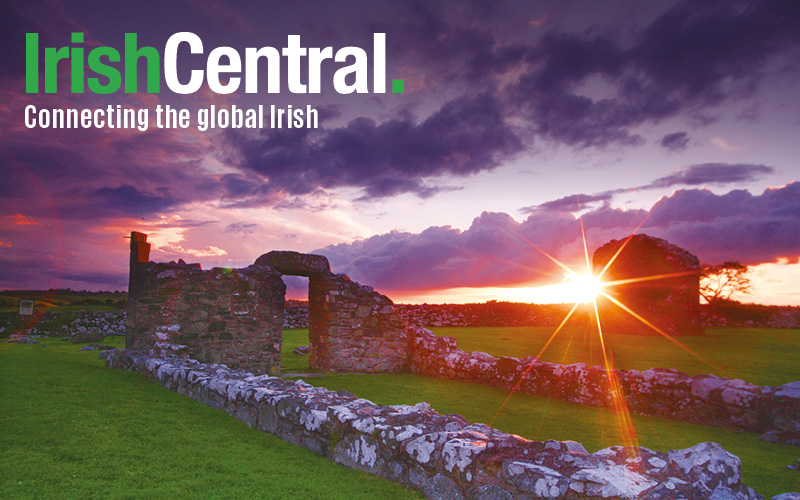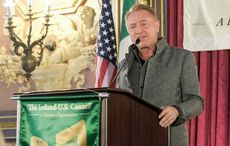An Evangelist Christian is suing St. Paul, Minnesota, for banning him from preaching at an Irish Fair in the city.
David Miller claims that the fair’s refusal to allow him entry violated his First Amendment free-speech rights and he has filed a federal lawsuit against the city of St. Paul, police Chief Thomas Smith and Cmdr. Patricia Englund.
The refusal took place at last year’s fair, held annually on Harriet Island, just south of downtown St. Paul. On August 9 2014, Miller met with friends at the fair’s entrance. It is not known whether they began preaching before entering the fair, but they held literature and were wearing expressive t-shirts showing their intentions to preach.
Miller and friends planned to enter the free event, open to the public and held on public property, and share his religious views "through signage, literature, open-air speech, and conversation," according to the lawsuit.
The lawsuit continues to say that Miller describes himself as "an evangelical Christian who frequently expresses his beliefs and convictions to others in public due to religious conviction."
The group were approached by a member of the St. Paul police force inquiring their reasons for protest. On learning of their intention to preach not protest, Cmdr. Patricia Englund intervened and informed them that they could not do this. The group were told that the special-event permit awarded to the Irish Fair allowed them to make their own rules, including the denial of protests that would disrupt the event.
The lawsuit states that Englund said, "I understand what you're trying to do. But again, this is an event put on by the Irish Fair of Minnesota. This is their event. This is not your event."
Inforum report that the conversation between Englund and the group was captured on video.
According to Miller’s attorney, Nathan Kellum, "What the law recognizes, what the Constitution provides, is that speech can be regulated by reasonable time, place and manner restrictions."
"But what the city did here, as far as Mr. Miller's speech is concerned, is to say that he could not speak at that time at the festival in any manner," Kellum continues.
"The problem is, it was just a flat ban...It really had nothing to do with any actual disruption, It was a simple matter of they did not want the speech there."
Teresa Nelson, a legal director for the American Civil Liberties Union in Minnesota stated that the issue of free speech at events held on public property has come to the courts on several occasions in recent years.
“The courts are slowly starting to say, 'No, you can't issue a permit or license to one group at the exclusion of the views of others,' " she said.
Nelson explained to Inforum that although citizens are not granted the right to be disruptive under the First Amendment, it doesn’t mean that anybody has the right to "impose a prior restraint just because you think maybe something is going to be disruptive."
She also explained that while the organizers of the Irish Fair had the right to decide what took place as part of the event, they did not have the right to given behavior in public spaces.
"You can't force the event to embrace a viewpoint they don't want to embrace. But you also can't grant exclusive use of public ways that are a traditional public forum," she says.
An attorney for St. Paul City, Samuel Clark, said that the city plans to defend its actions.
Did David Miller have the right to preach at the open-to-the-public Irish Fair? Leave your thoughts in the comments section below.




Comments